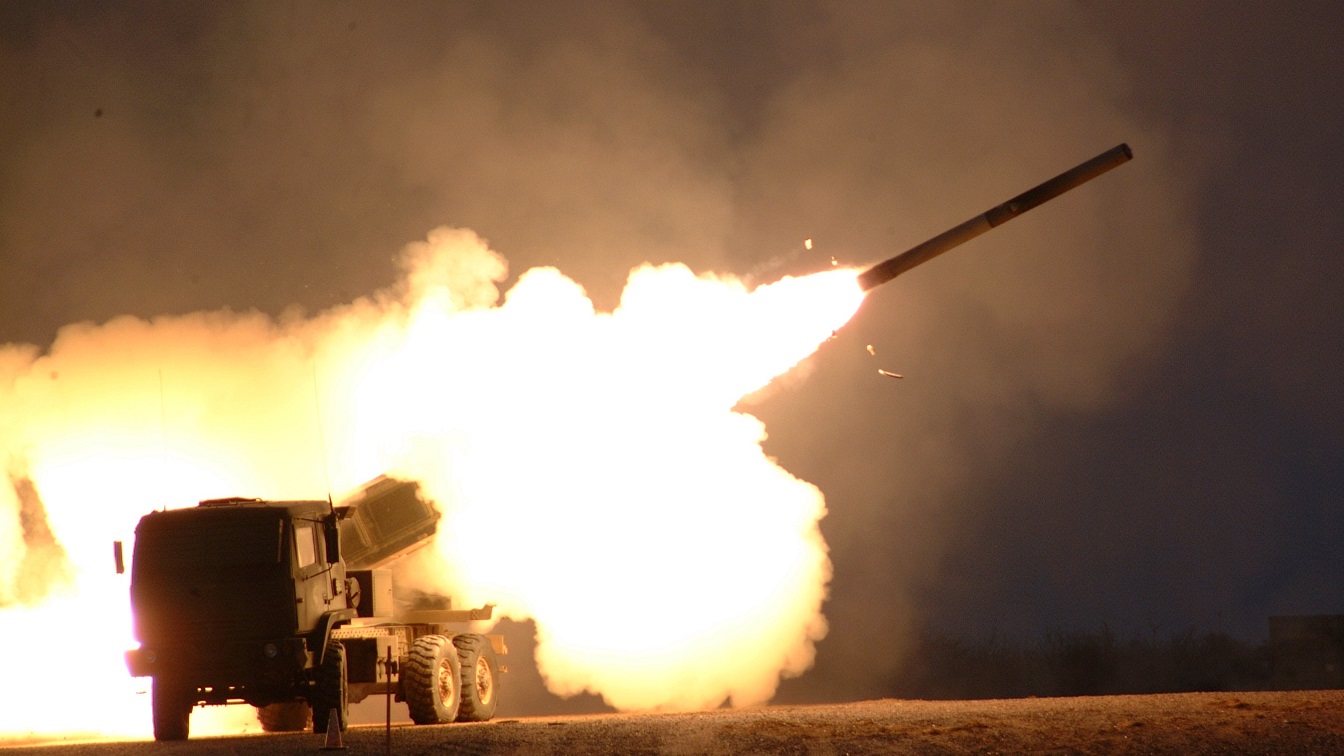Alexander Motyl

General Sergei Surovikin, the commander of the Russian armed forces in Ukraine, has just announced that Russia is retreating to the left bank of the Dnipro River in Kherson province. If this actually happens, the Russians will have also abandoned the provincial capital of Kherson, a city of 284,000 that they’ve occupied since the early days of the war.
Here’s what the official Russian propaganda outlet RIA Novosti had to say: “It is appropriate to organize defense along the barrier border of the Dnipro River, on its left bank…. The decision to defend the left bank of the Dnipro is not an easy one. At the same time, we will save the lives of our military and the combat capability of the troops…. The maneuver of the troops will be carried out as soon as possible. The troops will occupy the prepared defensive positions on the left bank of the Dnipro.”
Surovikin may be bluffing or setting a trap, but if he isn’t, the Russian retreat would be of potentially earth-shattering importance for several reasons.
First, thus far the Ukrainians have liberated small cities, towns, and villages. Freeing a larger city such as Kherson from the Russian occupying forces would be a major success that could herald a future cascade of liberated urban areas. And that would be the beginning of the war’s end and, possibly, the Russian military as an effective fighting force. We may expect Russian soldiers to engage in even more insubordination and desertion. Morale will plummet. Finger-pointing and squabbling among the officers will increase. After all, who in his right mind wants to serve in or take responsibility for an army that is getting battered and is retreating with its tail between its legs?
Second, Kherson’s liberation would be an enormous slap in Putin’s face, one that some analysts have suggested he might not survive. True or not, the retreat would certainly undermine Putin’s popularity with the adoring Russian masses, who believe he’s infallible, and his legitimacy with political and economic elites, who will have still more proof of his incompetence. A major defeat such as Kherson could easily create the conditions under which coups ordinarily take place. Even if he survives this disaster, Putin will be a far weaker president. And that, in turn, means that the power struggle among competing successors and their supporters is likely to become more vicious. Regardless of its denouement, policymaking will become less effective and conducting the war will become more difficult. Can Putin’s fascist regime survive for long if he is weakened? Can the Russian Federation survive if the regime is weakened? Western policymakers should be asking these questions.
Third, the liberation of Kherson will be an enormous shot in the respective arms of Ukrainian President Volodymyr Zelensky, the Ukrainian armed forces and their commanding general staff, and the Ukrainian population, which is being deprived of heat and light by Russian drones and missiles. Unless the Ukrainians suddenly get cocky, they will be able to parlay this momentum into further victories on the battlefront. The citizenry’s spirit will be lifted, and their determination to survive the cold winter ahead will be enhanced. Zelensky’s stature in the world will grow even more, with the upshot being that his ability to persuade Ukraine’s allies that they should back a winner will also grow. Western countries heretofore reluctant to support Ukraine as much as it needs will get on the pro-Ukraine bandwagon, lest they wind up on the wrong side of history.
In sum, the writing is on the wall for Putin, his regime, and Russia.
No comments:
Post a Comment